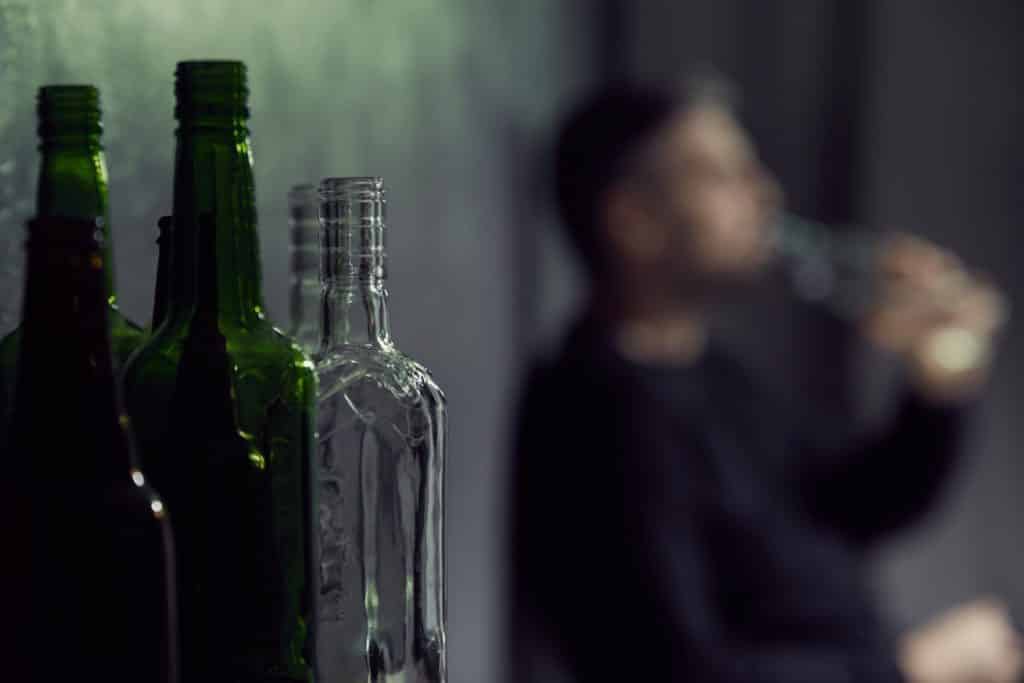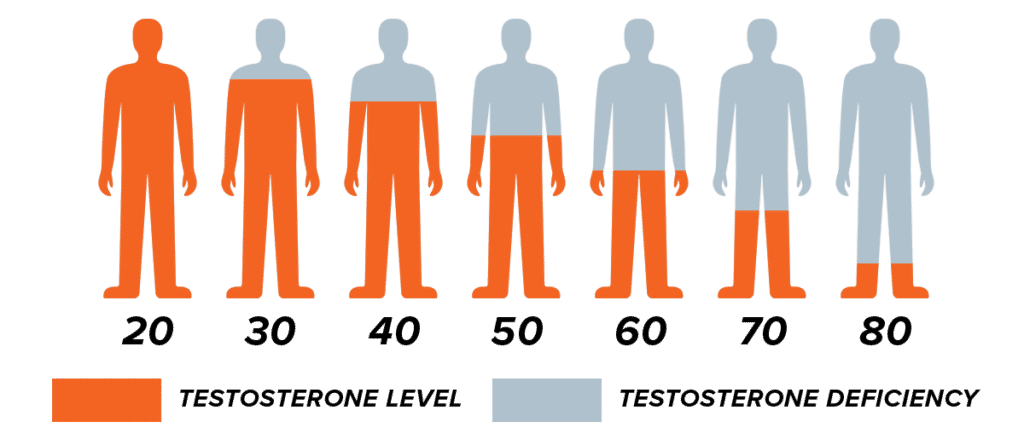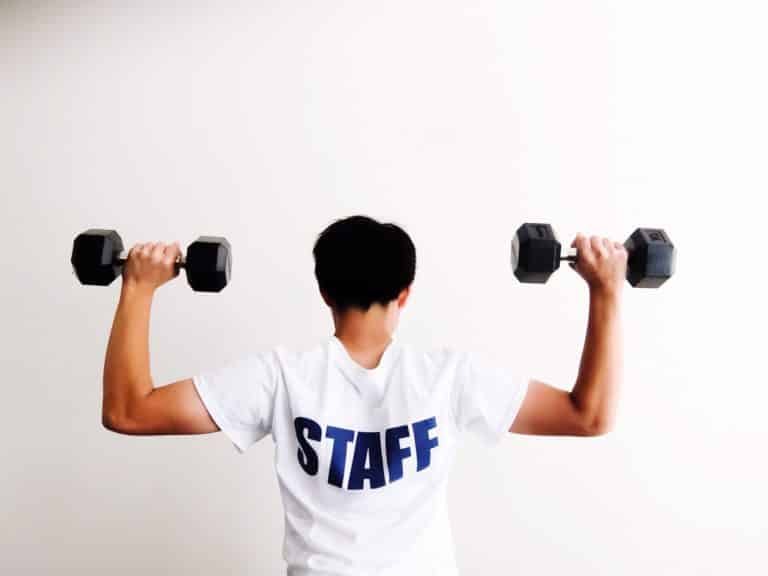Drinking alcohol is a normal part of our social lives but in excess, it can have damaging effects on nearly every organ system in your body. You don’t even have to be a heavy drinker to experience some of the negative effects of drinking on your health.
Alcohol affects the functioning of the brain, liver, heart, pancreas, kidney, and immune system. This can put you at risk for certain cancers with just two servings of alcohol per day.
While you might be familiar with some of the health risks associated with heavy drinking, you might be surprised to know that alcohol and testosterone levels also have a negative correlation.
If you’re concerned about your alcohol intake and testosterone deficiency, keep reading to learn everything you need to know. You might also consider alcohol rehab if you are having negative health effects.
Does Alcohol Affect Testosterone?
Testosterone is a male hormone that the body produces that is associated with sex drive, hair growth, bone development, and muscle mass. Without the right levels of testosterone, men’s bodies cannot perform the necessary functions.
Drinking alcohol does have an effect on the level of testosterone in your body. It can affect your body’s ability to produce testosterone in the long term. It can also have immediate short-term side effects when consuming alcohol.

Not only does the process of metabolizing alcohol decrease testosterone, but drinking impacts the quality of your sleep which further inhibits testosterone production. It also elevates your levels of stress because it affects the stress hormone cortisol.
The Short-Term Effects
The effects of alcohol on testosterone happen very quickly after consumption. After 30 minutes, alcohol can create side effects that are associated with lower levels of testosterone.
Here are some of alcohol’s short term side effects on testosterone in men:
- Lower levels of energy
- Agitation and irritability
- Decreased sex drive
- Body hair loss
- Breast swelling
- Shrunken testicles
If you are a moderate drinker, you should experience only the short-term effects of low testosterone.
The Long-Term Effects
Chronic alcohol use and alcohol use disorder can cause serious long-term effects on your testosterone levels. The chronic drinking and binge drinking effects can cause permanent damage as your body struggles to produce the testosterone that you need to function.
Here are some of the long-term effects of alcohol use on testosterone:
- Difficulty maintaining an erection
- Depression and increased stress
- Greater risk of prostate cancer for men
If you’re struggling with alcohol abuse, there are treatment services available for you. New Leaf Detox & Treatment can help you in your recovery and help you regain your body’s overall health.
What Factors Influence Alcohol and Testosterone Deficiency
We know that alcohol is one of the causes of low testosterone but some factors influence alcohol’s effect on testosterone. Each person will react differently to alcohol but there are three main factors that contribute to these effects.
Your Age
With age, it becomes more difficult for your body to metabolize alcohol. Not only is the recovery process longer, but the damage to your body is worse.

The damage is caused by oxidative stress, which is the process of your body metabolizing alcohol. This process is worse with age and affects our body’s ability to produce testosterone.
Type of Alcohol You Consume
Certain types of alcohol contain phytoestrogen which can decrease testosterone levels. Beer, wine, and certain liquors contain phytoestrogen and with heavy consumption, it can have a negative effect on your testosterone.
There are also popular energy drinks with alcohol that can also have a damaging effect. Energy drinks contain high levels of sugar which can cause your testosterone levels to plummet immediately after consumption.
Does Testosterone Increase When You Stop Drinking?
The good news is that testosterone can start to increase when you stop drinking. It can take a few weeks to return to normal levels and you can use a supplement to help. If you reduce your drinking without stopping entirely, it will take longer for your body to return to normal.
The bad news is that if you’ve been drinking heavily for a long period of time, there might be permanent damage to your body’s functioning. One of these functions is your body’s ability to produce testosterone.
You might need support and advice from your doctor on how to help increase your testosterone levels with supplements and other therapies.
The Negative Relationship of Alcohol and Testosterone
While drinking can seem like a fun way to enjoy a social setting or relax after a stressful day, the long-term consequences of drinking outweigh the pleasures.
There is a negative correlation between alcohol and testosterone deficiency in the short and long term. Alcohol affects about every organ in your body and decreasing your testosterone is one unfortunate side effect. With low levels of testosterone, your sex drive decreases, your testicles can shrink, and you can have trouble maintaining an erection. If you or someone your love is struggling with alcohol addiction, call us now to arrange treatment and start your recovery journey.




